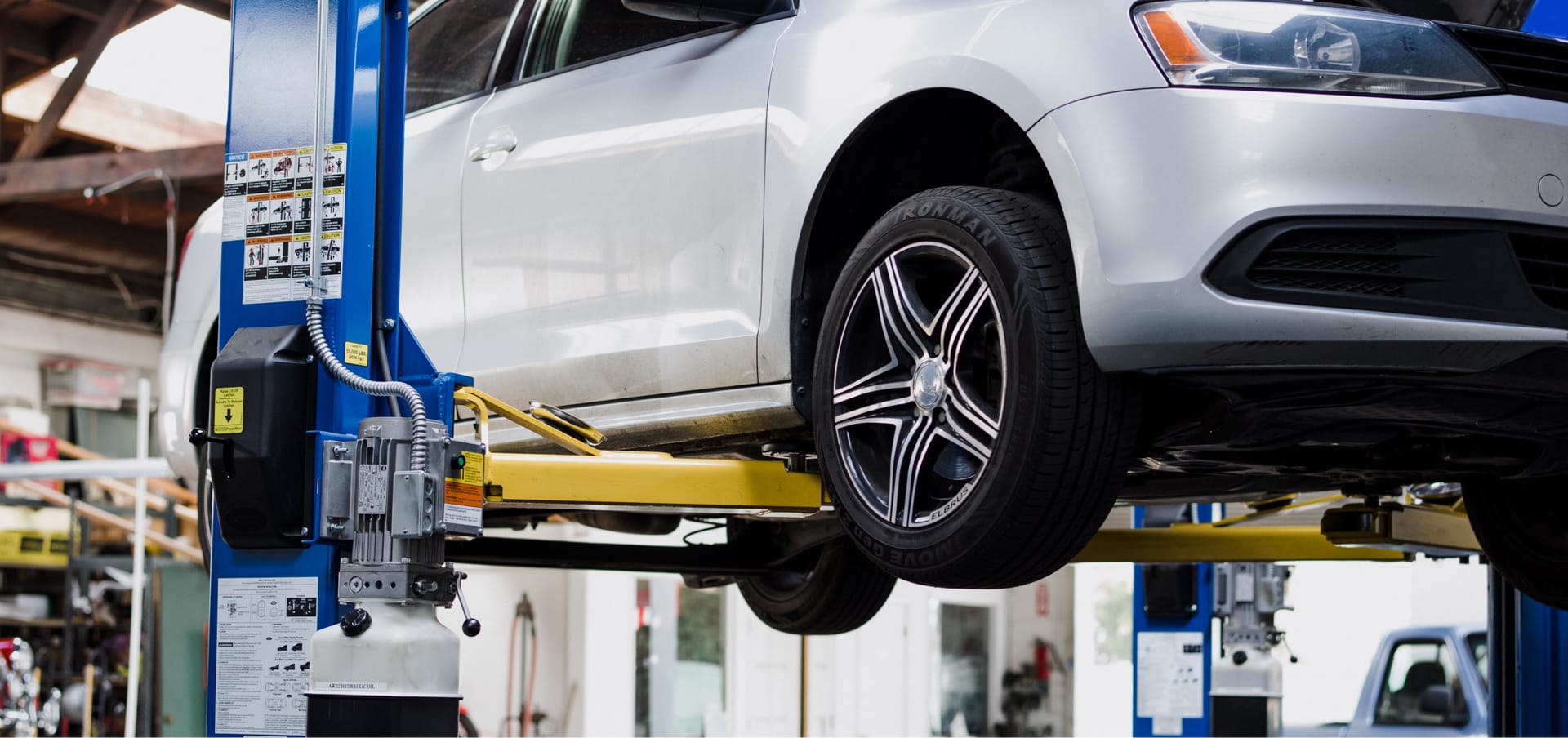Did you know that lowering your car can enhance its performance but also requires special maintenance? Keeping your lowered ride in top shape is crucial for both safety and longevity. In this post, we’ll delve into essential tips and tricks on how to maintain your car after lowering it. From regular inspections to proper alignment adjustments, we’ve got you covered. Discover the secrets to preserving your lowered vehicle’s suspension, tires, and overall health. Stay tuned for expert advice that will help you enjoy the benefits of a lowered car without compromising on maintenance.
Check Tire Health Regularly
Signs of Uneven Wear
Inspect tires regularly for any signs of uneven wear, as this can be an indicator of potential alignment issues. Uneven wear can lead to premature tire replacement and affect your car’s handling.
Cracks or Bulges
Look out for cracks or bulges in the sidewalls of your tires. These issues can compromise the integrity of the tire, making it susceptible to blowouts or punctures while driving.
Replace Worn Tires
If you notice significant wear or damage on your tires, it’s crucial to replace them promptly. Worn tires can impact traction and braking performance, posing a risk to your safety on the road.
Maintain Correct Tire Pressure
Use Reliable Gauge
To ensure optimal performance, use a reliable gauge to check tire pressure regularly. This simple tool helps in maintaining the correct pressure levels.
Adjust Pressure According to Specifications Adjust tire pressure according to the manufacturer’s specifications. This step is crucial for ensuring proper handling and stability on the road.
Monitor Temperature Fluctuations
Monitor pressure changes that occur with temperature fluctuations. These variations can lead to under or over-inflation, affecting your car’s performance.
Maintaining correct tire pressure is essential for various reasons:
- Improved Fuel Efficiency: Properly inflated tires reduce rolling resistance, leading to better fuel efficiency.
- Enhanced Safety: Correct tire pressure ensures optimal traction and grip on the road, enhancing overall safety.
- Extended Tire Lifespan: By maintaining the right pressure levels, you can prolong the lifespan of your tires.
Benefits of Maintaining Correct Tire Pressure
- Improved fuel efficiency
- Enhanced safety on the road
- Extended lifespan of tires
When it comes to lowering your car, ensuring the correct tire pressure becomes even more critical. Lowered vehicles are more sensitive to tire pressure variations due to their altered suspension geometry. By following these tips and tricks, you can maintain your lowered car effectively.
Schedule Routine Oil Changes
Use Recommended Intervals
Follow the manufacturer’s guidelines for oil changes to ensure optimal engine performance. Regular oil changes prevent engine wear and maintain efficiency. Using the recommended intervals helps in keeping your car running smoothly.
Choose High-Quality Oil
Select high-quality oil that meets your vehicle’s requirements, especially after lowering it. Quality oil is crucial for protecting your engine and maintaining its longevity. Make sure to use oil that is suitable for modified vehicles.
Maintain Records
Keep track of all your oil changes to monitor maintenance and improve resale value. Maintaining records helps you stay on top of necessary maintenance tasks. It also provides proof of proper care when selling your car.
Monitor Fluid Levels and Filters
Check Regularly
Keep your lowered car in top condition by regularly checking essential fluid levels like coolant, brake fluid, and transmission fluid. These fluids are crucial for the proper functioning of your vehicle’s systems.
Make it a habit to inspect these levels at least once a month to ensure they are at the appropriate levels. Low fluid levels can lead to serious damage to your car’s engine and other components.
Replace Filters
To maintain optimal performance after lowering your car, make sure to replace filters such as oil, air, and fuel filters according to the manufacturer’s maintenance schedule. Clean filters help ensure that your car runs smoothly and efficiently.
By following the recommended replacement intervals, you can prevent contaminants from entering your engine and causing damage. Regular filter changes are a simple yet effective way to extend the life of your vehicle.
Address Leaks Promptly
Lowering your car can sometimes put additional stress on its components, potentially leading to leaks. Keep an eye out for any signs of leaks under your car, which could indicate fluid loss.
If you notice any leaks, it is crucial to address them promptly to prevent further damage. Leaking fluids can compromise the performance of your vehicle and pose safety risks on the road.
Inspect and Align Wheels
Check Alignment Regularly
Inspecting and aligning the wheels of your lowered car is crucial to ensure optimal performance and safety. Conduct visual inspections for any visible damage or signs of misalignment. Look out for uneven tire wear, steering wheel vibration, or drifting to one side while driving.
Regularly schedule professional wheel alignment after lowering your car. This step is essential to maintain proper handling and extend tire life. A professional alignment ensures that the wheels are correctly positioned according to the manufacturer’s specifications.
Use Camber Gauge for Adjustment
After lowering your vehicle, it’s important to use a camber gauge to check and adjust the camber settings. Lowering a car often results in changes to the camber angle, affecting tire wear and handling. Adjust the camber settings as needed to prevent premature tire wear and ensure stability on the road.
When aligning the wheels, make sure to consider the camber, caster, and toe settings. These adjustments are crucial for maintaining proper wheel alignment and overall vehicle performance.
Benefits of Proper Wheel Alignment
- Improved Handling: Correct wheel alignment enhances steering response and overall handling, especially when driving at high speeds.
- Extended Tire Life: Proper alignment reduces uneven tire wear, extending the lifespan of your tires.
- Enhanced Safety: Maintaining correct wheel alignment improves traction and stability, reducing the risk of accidents.

Assess Brakes and Suspension
Examine Brakes
When lowering your car, examine brake pads and rotors regularly for signs of wear. If they are worn beyond safe limits, it’s crucial to replace them promptly. Neglecting worn brake components can lead to decreased braking performance and safety hazards on the road.
Inspect Suspension
Regularly inspect suspension components for any wear or damage. Ensure that all parts are properly lubricated to maintain smooth operation. Damaged or worn suspension parts can affect the handling and ride quality of your lowered car, compromising both safety and performance.
Upgrade Brake Components
Consider upgrading brake components if necessary to accommodate the altered dynamics of a lowered vehicle. Lowering a car can impact braking performance due to changes in weight distribution and handling characteristics. Upgrading to high-performance brake components can enhance stopping power and overall safety on the road.
Keep Battery Clean and Functional
Clean Battery
Regularly clean battery terminals to prevent corrosion buildup, which can hinder electrical contact. Use a mixture of baking soda and water to scrub away dirt and grime.
Ensure the battery terminals are tight and secure to maintain good electrical conductivity. Loose connections can lead to starting issues.
Test Battery Health
Periodically test the health of your battery, especially if you’ve lowered your car or use it for performance purposes. A multimeter can help check the voltage and overall condition.
Consider investing in a new battery if the current one shows signs of weakness or struggles to hold a charge. A reliable power source is crucial for modified vehicles.
Secure Mounting
Ensure the battery is securely mounted in place to prevent vibrations that could damage the internal components. Use proper brackets and hardware for a stable installation.
Avoid placing excessive strain on the battery due to aggressive driving or sudden movements. Secure mounting reduces the risk of damage.
Clean and Protect Exterior
Regular Maintenance
Washing and waxing your car frequently is crucial to safeguard the paint from environmental factors and debris. Regular maintenance helps maintain the vehicle’s appearance and resale value over time.
Inspecting the exterior for any signs of rust or paint chips is essential. Immediate action should be taken to prevent further damage and maintain the car’s aesthetic appeal.
Ceramic Coating Application
Consider applying a ceramic coating to provide an additional layer of protection against scratches and UV rays. This protective layer enhances the car’s durability and longevity.
- Waxing the car every three months can help maintain the ceramic coating’s effectiveness.
- Seek advice from an authorized installer for proper application techniques and product recommendations.
Addressing Rust and Paint Chips
Rust and paint chips are common issues that can arise, especially after lowering a car. Addressing these problems promptly is crucial to prevent corrosion and maintain the vehicle’s structural integrity.
- Utilize touch-up paint to cover small chips before they escalate into more extensive damage.
- Regularly inspect the undercarriage for signs of rust, especially in areas prone to moisture accumulation.
Address Issues Promptly
Respond Quickly
When you notice any unusual noises or changes in your car’s handling, it’s crucial to address them promptly. Ignoring these signs can lead to more significant problems down the road. By acting swiftly, you can prevent further damage and costly repairs.
Keep a Log
Maintaining a detailed log of any problems you encounter with your lowered car is essential. This log helps you track recurring issues and provides valuable information to your mechanic. It can also assist in identifying patterns or common triggers for certain problems.
Consult a Professional
For complex issues that go beyond your expertise, it’s best to consult a professional mechanic. These experts have the knowledge and tools to diagnose problems accurately and recommend the right solutions. Seeking professional help can save you time, money, and ensure your safety on the road.
Closing Thoughts
Maintaining your lowered car is crucial for both performance and longevity. Regularly checking tire health, maintaining correct tire pressure, scheduling routine oil changes, monitoring fluid levels, aligning wheels, inspecting brakes and suspension, keeping the battery clean, addressing issues promptly, and cleaning and protecting the exterior are all essential steps to ensure your car stays in top shape. By following these tips and tricks, you can enjoy a smooth ride and avoid costly repairs down the road.
Take charge of your car’s maintenance today to keep it running smoothly and looking great. Stay proactive, be attentive to details, and remember that a well-maintained car not only performs better but also retains its value longer. Your effort now will pay off in the long run.
Are You Looking for Professional Car Lowering Services?
If you’re in search of expert car lowering services with a proven reputation, look no further than autoTECH Blackhawk. Why choose us for lowering your vehicle? We stand out among independent automotive service providers by building strong relationships with our customers. This approach allows us to customize our services to match your unique driving preferences and desired aesthetic, especially when it comes to lowering your car.
Whether your goal is to improve handling, achieve a sleek new look, or simply customize your car to reflect your personal style, our team is here to assist. We take pride in ensuring that your lowered vehicle performs at its best, while also offering valuable guidance on ride comfort, suspension tuning, and maintaining long-term performance. Plus, we back our work with an industry-leading 3-year/36,000-mile warranty and only use top-quality parts from trusted manufacturers. Reach out to our friendly team today to schedule a convenient and contactless appointment!


